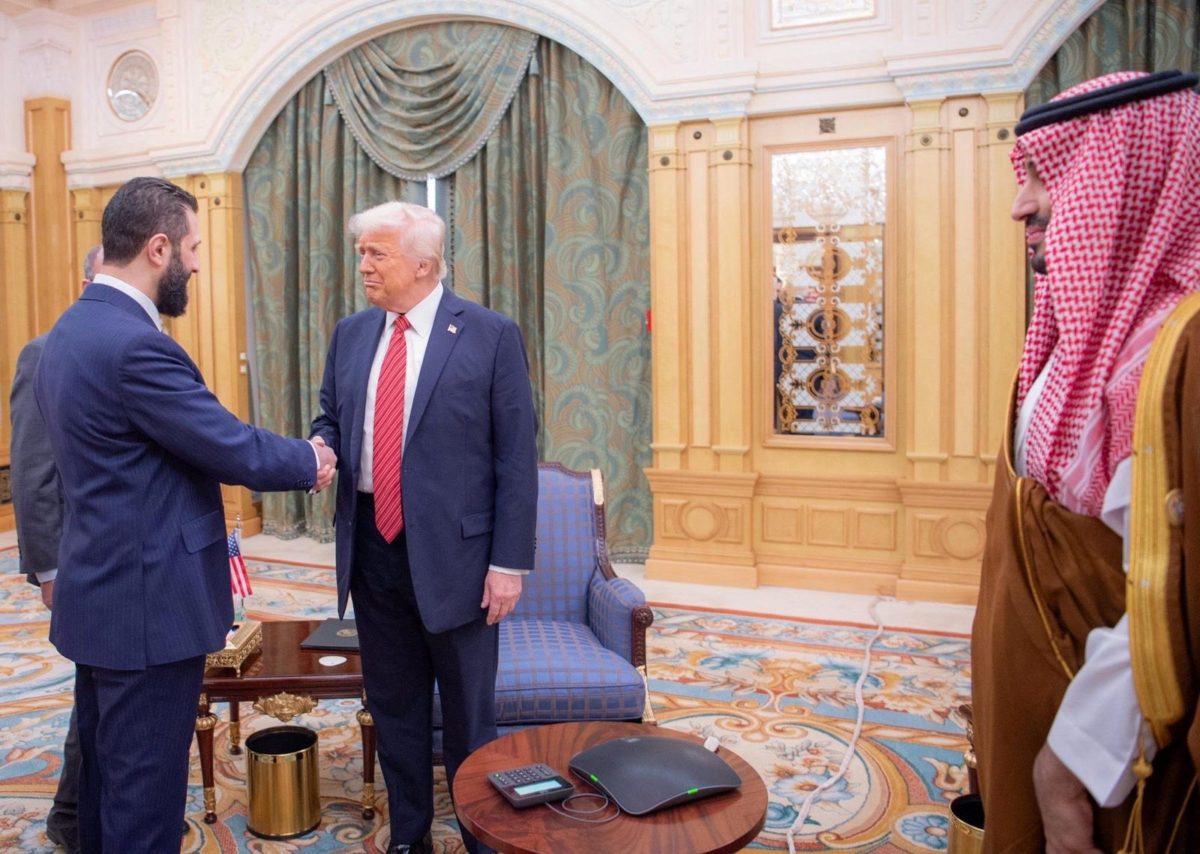The new path for Syria
It has been less than a year since Bashar al-Assad fled Damascus, marking the end of one of the Middle East’s longest-standing governments and dynasties. What has followed is nothing short of extraordinary: the emergence of Ahmed al-Sharaa, who is a man once known as Abu Mohamed al-Jolani, the former leader of the one of the strong opposition groups and a jihadist group Hay’at Tahrir al-Sham (HTS) as Syria’s new president and international representative. His sudden rise from militant commander to global statesman has redefined the trajectory of a nation long written off as irredeemable.
Al-Sharaa’s transformation represents one of the most remarkable political rebrandings in modern history. Once a figure associated with Islamist group, he now presents himself as a pragmatic reformer intent on rebuilding a country shattered by thirteen years of civil war. His interim constitution, emphasis on inclusion, and calls for national reconstruction signal an attempt to distance the new government from its violent past.
Western diplomats have cautiously embraced this shift, describing al-Sharaa as a “pragmatist” capable of guiding Syria toward normalization. His visit to the White House in November 2025, which has been the first ever by a Syrian president, illustrates how quickly Washington’s stance has evolved. Current U.S. President Donald Trump’s decision to lift certain sanctions and suspend provisions of the Caesar Act marks a dramatic recalibration of American foreign policy in the region.
Despite these diplomatic breakthroughs, Syria’s recovery remains tenuous. The new government controls only portions of the country, including major cities like Damascus, Aleppo, Homs, and Idlib. Beyond those areas, pockets of instability persist: Islamic State cells continue attacks in the northeast, sectarian tensions plague the south, and Kurdish forces remain suspicious of Damascus’s intentions.
While al-Sharaa’s rhetoric emphasizes reconciliation and national unity, the legacy of violence against Alawis, Druze, and other minority groups casts a long shadow. His government faces immense pressure to demonstrate genuine commitment to justice and human rights. Whether his leadership marks the beginning of a democratic revival or simply a more polished form of authoritarianism remains uncertain.
The United States has played a decisive role in legitimizing al-Sharaa’s rule. By lifting certain sanctions, opening diplomatic channels, and inviting Syria to join the global coalition against ISIS, Washington has effectively bet on al-Sharaa as the only viable partner capable of stabilizing the country.
This partnership, however, comes with risks. The new Syrian president’s past association with the movements who had stance against the US and the West continues to alarm members of Congress and regional allies. Critics argue that rushing to rehabilitate a former extremist undermines international norms and the credibility of human rights commitments. Supporters counter that engaging Damascus is the only realistic path toward regional stability.
Syria’s reconstruction needs are staggering. The World Bank estimates the cost at over $200 billion, and economic paralysis continues to prevent meaningful progress. Without comprehensive sanctions relief, foreign investment, and security guarantees, rebuilding efforts may falter before they begin.
For al-Sharaa, economic revival is not only a national necessity but also a political lifeline. Delivering tangible improvements of electricity, healthcare, and jobs will determine whether he consolidates legitimacy or faces renewed unrest. His pledge to bring home millions of refugees underscores this challenge: Syrians returning from Jordan, Lebanon, and Turkey expect safety, opportunity, and dignity, not recycled authoritarianism.
Syria’s story under Ahmed al-Sharaa is one of paradoxes. A former member of Islamist group now stands at the center of Middle Eastern diplomacy. A nation once isolated now seeks partnership with Washington and tentative dialogue with Israel. And yet, beneath the headlines of reform and reconciliation, the old specters of sectarianism, repression, and foreign interference remain.
Whether history records this moment as Syria’s rebirth or its final act will depend on al-Sharaa’s ability to translate rhetoric into governance and, of course, on the willingness of global powers to support genuine reconstruction rather than short-term geopolitical advantage.
